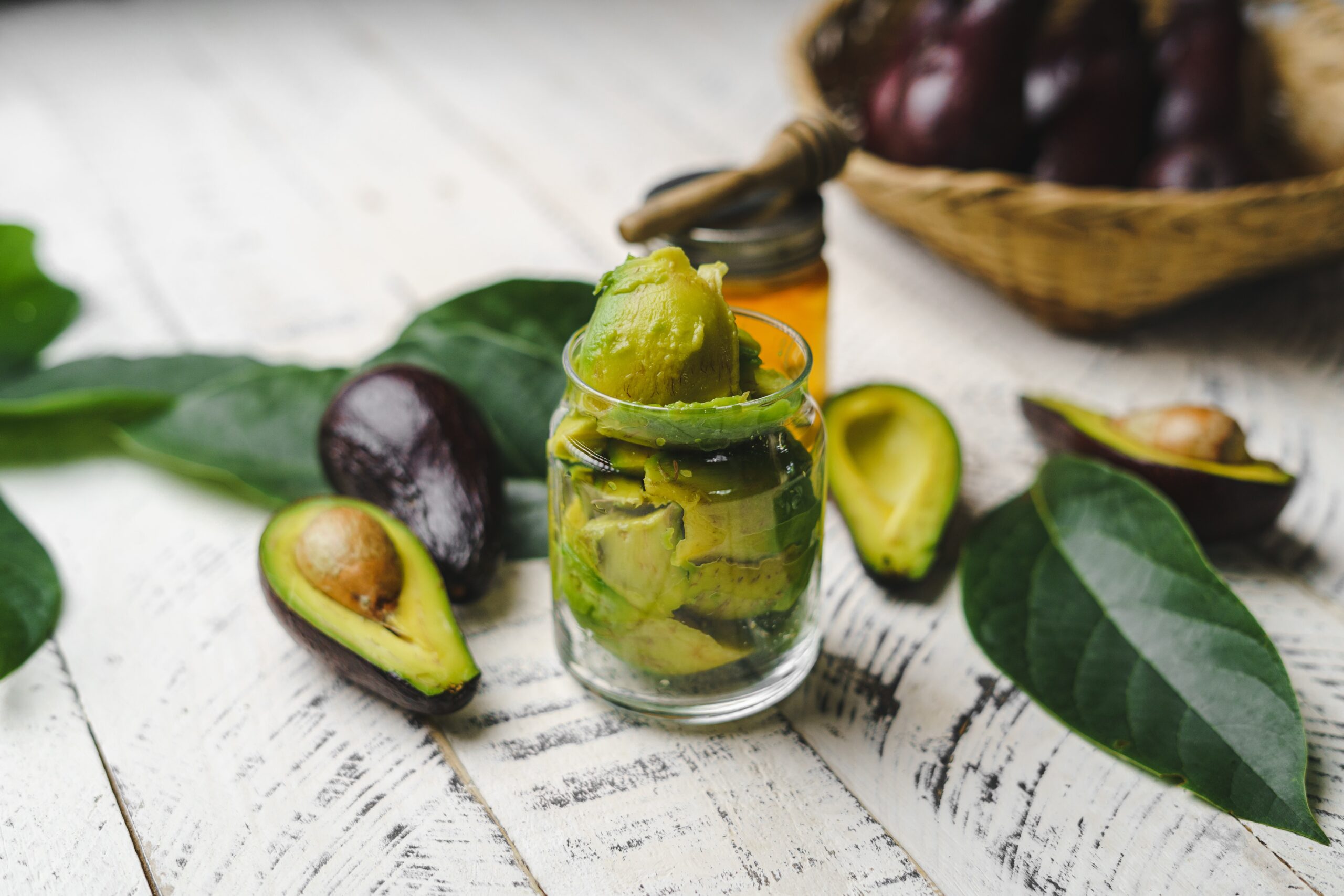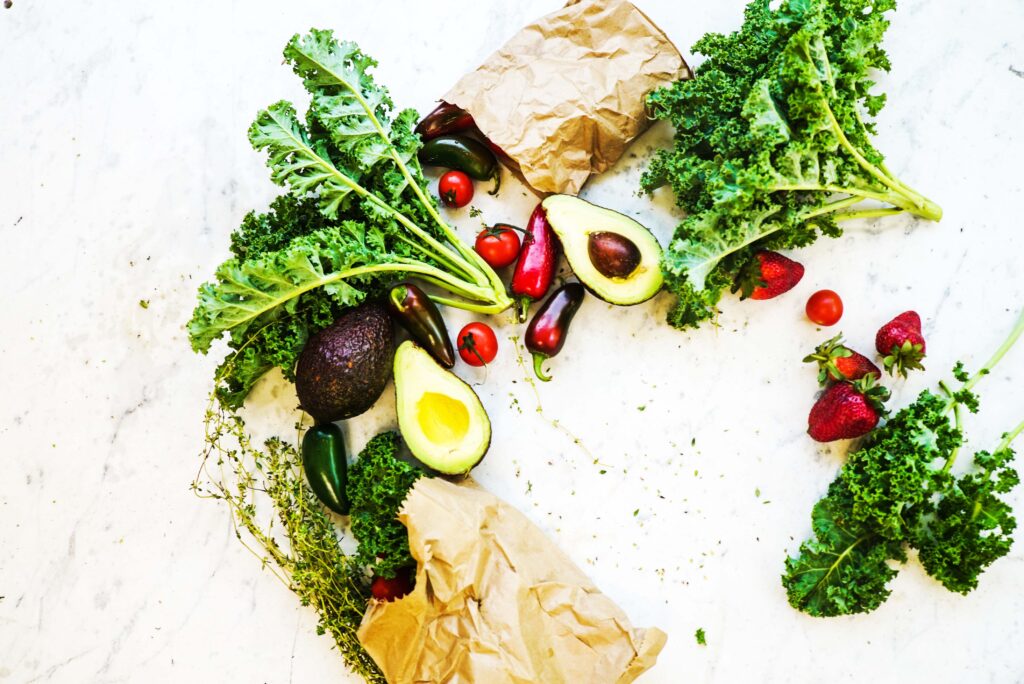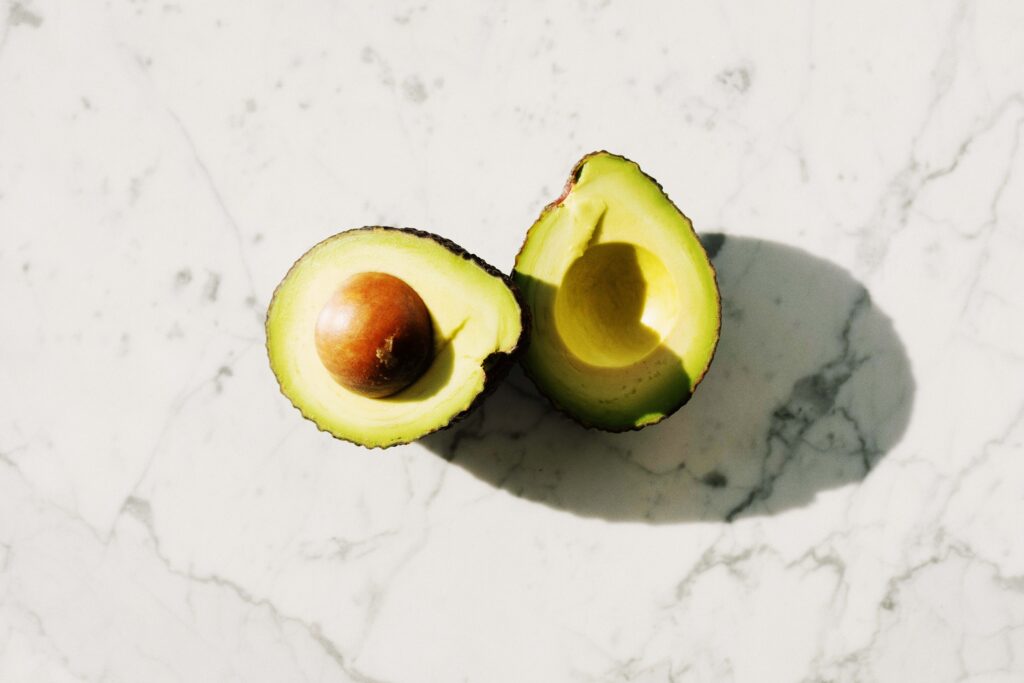Unlocking the Nutritional Values: Exploring the Varied Health Benefits and Uses of Avocado

by Stefanie Michaels
Avocados are a versatile and delicious fruit. They have become a staple in many kitchens around the world. A rich and creamy texture, avocados can be eaten on their own, added to sandwiches, salads, or even used in baking.
The pear-shaped fruit are more than just a tasty treat, they’re packed with health benefits—supporting heart health to promoting weight management, and are a nutrient-dense food that fills you up and can be incorporated into any diet. Whether you’re a fan of guacamole or enjoy experimenting with new recipes, avocados are a fruit that you’ll want to keep on hand.
There are many things you can do with avocados, some of which include:
- Eating them as a stand-alone fruit: Avocados are creamy and rich in flavor, making them a tasty and satisfying snack. Just add a small amount of salt and lemon juice and yum! They can also be mashed or diced and added to sandwiches, salads, or other dishes as a garnish or ingredient.
- Making guacamole: Guacamole, the popular dip or spread that’s typically made with mashed avocado, lime juice, and salt. Guacamole can be used as a dip for chips or as a topping for tacos, burritos, or other Mexican-inspired dishes.
- Using as an ingredient in baking: Did you know they can be used as a substitute for butter or oil in baking recipes? Yep, use them in cakes, brownies, and cookies, adding healthy fats and a rich, creamy texture for baked goods.
- As a Hair and Skin Care: This fruit is rich in antioxidants, and vitamins, benefiting skin and hair. Make a DIY face or hair masks, and it can added to your hair conditioner or shampoo for added moisture.
- Health Benefits: Avocados are nutrient-dense and are a good source of healthy fats, fiber, vitamins and minerals, such as potassium, vitamin K, vitamin E, and vitamin C. Eat avocados as part of a healthy diet, supporting heart health, weight management, and overall well-being.
- Versatility: Avocados are so great for their versatility, flavor, and nutritional value. They’re also a source of healthy monounsaturated fats, which can help to support heart health and can also help to keep you feeling full.

Did you know?
Avocados are a fruit, not a vegetable. They are classified as a berry and the only fruit that contains a significant amount of monounsaturated fat.
A little history:
The avocado tree is native to Mexico and Central America, and the fruit has been cultivated for thousands of years. Evidence suggests that humans ate them as early as 10,000 BC.
They are often called “alligator pears” because of their rough, green skin that resembles an alligator’s. In some countries, they are called “butter fruit” because of their rich, creamy texture.
Avocados are not just delicious; they are also incredibly nutritious. They are high in fiber, potassium, vitamin C, vitamin K, and folate. They are also rich in antioxidants and have anti-inflammatory properties.

They are one of the few fruits that do not ripen on the tree. Instead, they mature after being picked. If you want to ripen one quickly, place it in a paper bag with an apple or banana, releasing ethylene gas that speeds up the process.
They are toxic to some animals, including horses, cattle, and birds, because they contain a substance called persin. However, persin is not harmful to humans and is being studied for potential health benefits.
Finally, they have become so popular in recent years that some restaurants and cafes have started offering “avocado toast” as a menu item. There are even avocado-themed restaurants in some cities where you can enjoy a variety of dishes and drinks.


